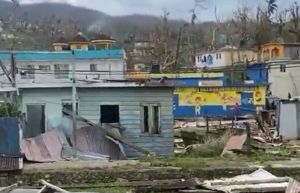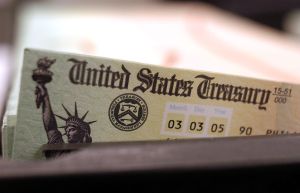President Barack Obama announced in a YouTube video released Tuesday night the signing of a presidential memorandum banning future oil and gas drilling in Bristol Bay, Alaska.
It's a huge win for both environmental groups and Native Alaskans who have worked for years to secure protection for the 52,234 square-mile area, one of the most productive wild salmon fisheries in the world.
"Earlier today I took action to make sure that one of America's greatest natural resources, and a massive economic engine - not only for Alaska, but for America - Bristol Bay, is preserved for future generations," Obama said in the video. "Bristol Bay has supported Native Americans in the Alaska region for centuries. It supports about $2 billion in the commercial fishing industry, supplies America with 40 percent of its wild-caught seafood, it's a beautiful natural wonder, and it's something that's too precious for us to just be putting out the highest bidder."
"Because of the great work that was done by local communities, native Alaskans, folks who cared about making sure that we preserved this natural wonder for generations to come, we were able to take action that is going to take it off the bidders block and make sure that its is preserved into the futures," the president said, citing powers granted to him in section 1341(a) of the Outer Continental Shelf Lands Act.
Newsweek examined the 2006 figures from the Minerals Management Service and found that if all oil and gas resources in Bristol Bay were fully developed, they would generate a combined total revenue of $7.7 billion over 25 to 40 years of production.
This is compared to the current $2.5 billion a year generated by fisheries in the southeast Bering Sea, where Bristol Bay is located. As Obama noted, 40 percent of the country's wild seafood are caught in the area as well, which was verified by Pew Charitable Trusts Tuesday.
The decision does not apply to mineral mining and will not affect plans for Pebble Mine, the open-pit gold and copper mine proposed for the Bristol Bay area, according to The Washington Post.
However, the Environmental Protection Agency has said it is considering whether to preemptively ban mineral extraction from the area.
© 2025 HNGN, All rights reserved. Do not reproduce without permission.








